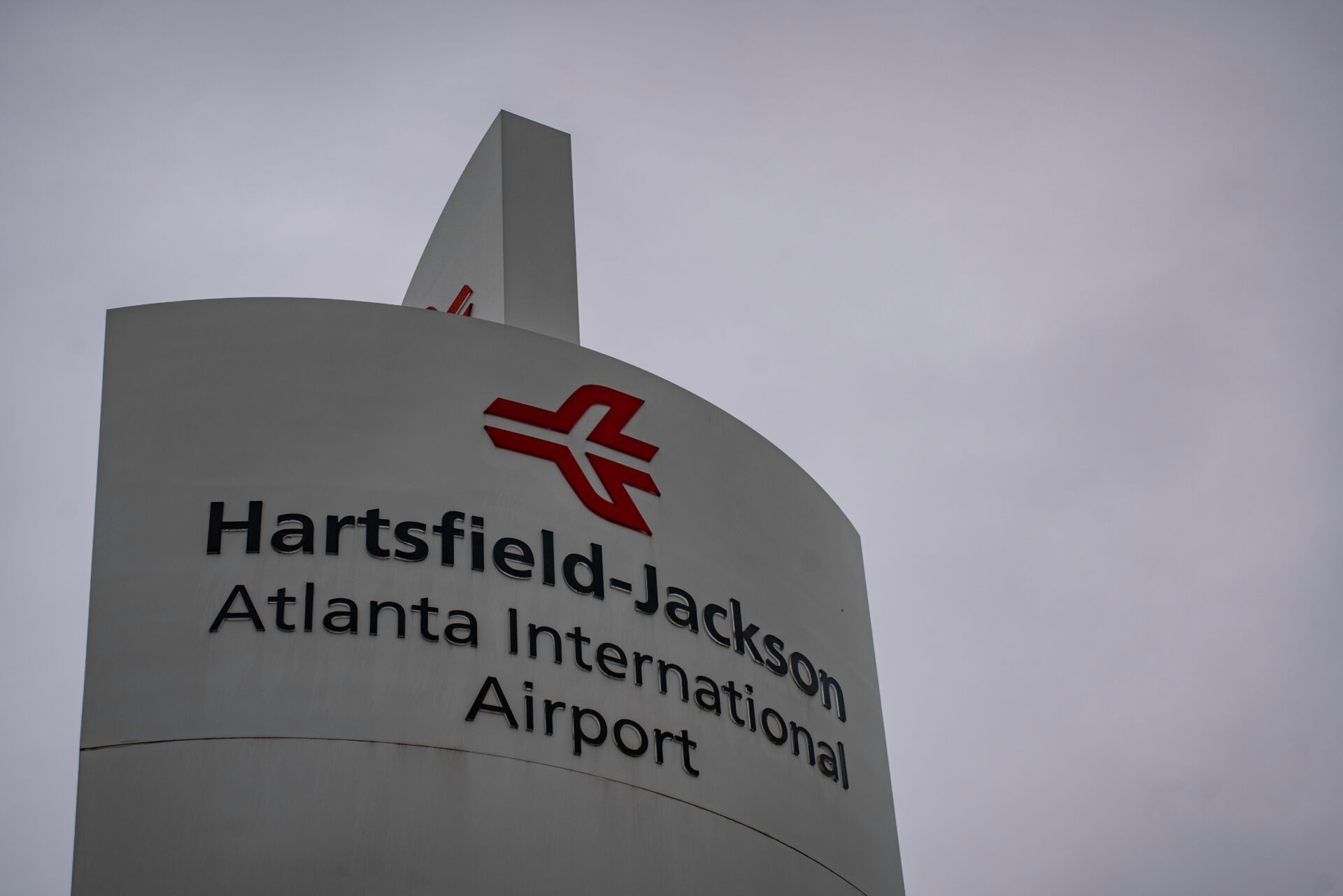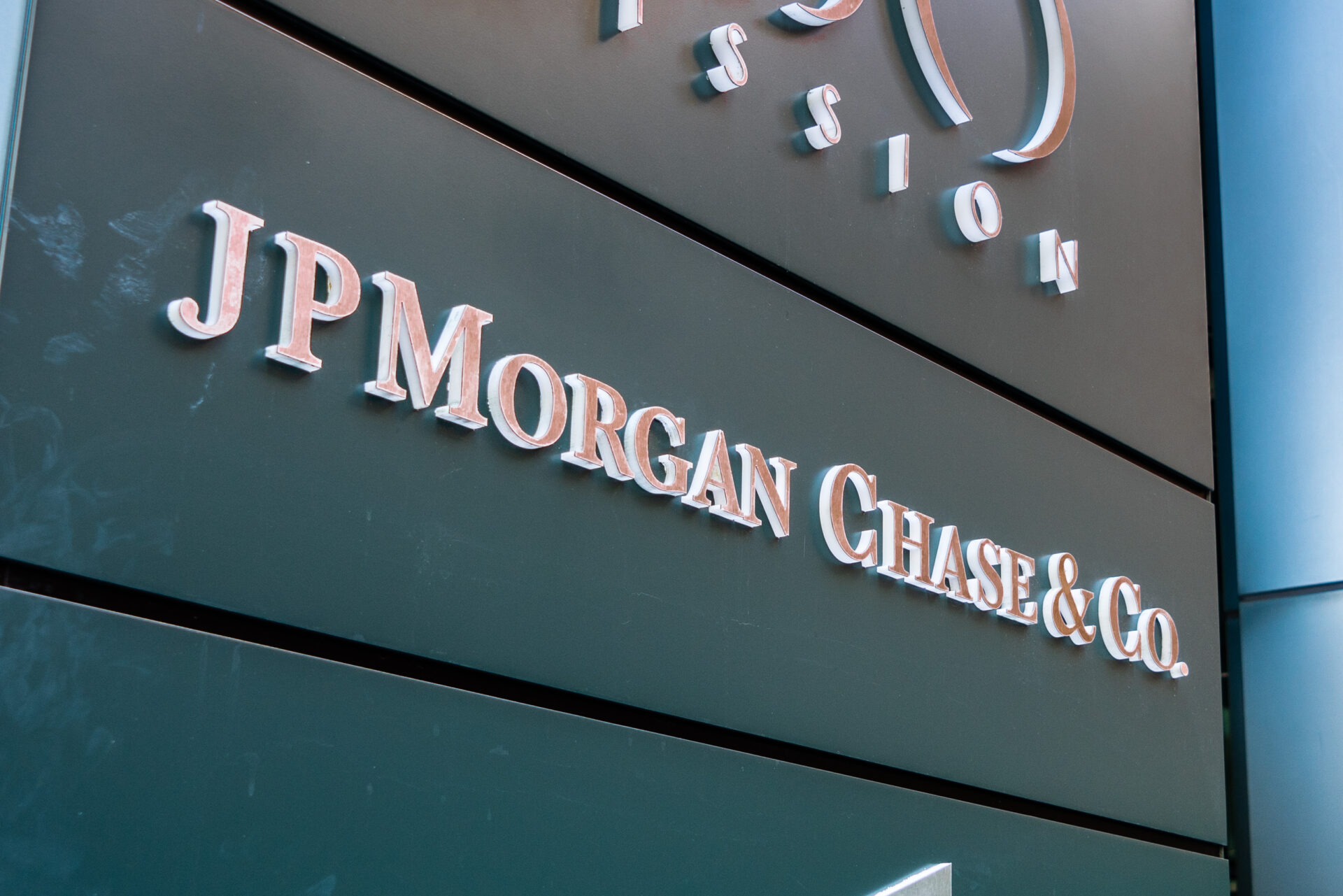
Dunkin’ Ad Sparks Genetics-Based BACKLASH!
Dunkin’s latest ad campaign has sparked a heated debate, placing the beloved coffee chain in the crosshairs of social media scrutiny.
At a Glance
- Dunkin’ faces backlash over a summer ad featuring actor Gavin Casalegno.
- The ad’s focus on genetics and attractiveness ignites controversy.
- Critics accuse the campaign of promoting exclusionary ideals.
- Parallels drawn to previous advertising controversies and broader debates on corporate messaging.
Dunkin’s Ad Controversy Unfolds
Dunkin’, formerly known as Dunkin’ Donuts, is facing significant backlash following the release of their summer ad campaign for the “Golden Hour Refresher” drink. The ad, which features actor Gavin Casalegno, references genetics and physical attractiveness. This has sparked a wave of criticism on social media platforms, with users accusing Dunkin’ of promoting regressive or exclusionary ideals. The controversy has drawn comparisons to similar incidents involving other brands, such as American Eagle’s campaign with Sydney Sweeney, highlighting the ongoing debates surrounding representation and corporate messaging.
Watch now: Dunkin’ ad with ‘The Summer I Turned Pretty’ star draws backlash · YouTube
The backlash erupted in late July 2025, with viral commentary on TikTok and Twitter critiquing the ad’s focus on genetics. Many social media users expressed concern that such messaging reinforces harmful stereotypes and ideals. This response is part of a broader trend where brands face increasing scrutiny over their advertising choices, particularly regarding representation and diversity.
Dunkin’s Rebranding and Marketing Evolution
Dunkin’ Donuts was founded in 1950 in Quincy, Massachusetts, and has since grown into a major multinational chain. In 2018, the company announced a significant rebranding, dropping “Donuts” from its name to become simply “Dunkin'”. This rebranding was part of a strategic pivot to compete with coffee-focused chains like Starbucks, aiming to position Dunkin’ as a modern, beverage-led brand. The rebranding rollout began in early 2019, maintaining the brand’s iconic color scheme while updating its logo and typography.
Despite these efforts to modernize its image, Dunkin’ now finds itself in the midst of a social media-fueled controversy. The current backlash underscores the challenges brands face in navigating cultural sensitivities and the power of social media to rapidly amplify public reactions to advertising. With consumers increasingly vocal about the social impact of corporate messaging, Dunkin’ must tread carefully in its future marketing endeavors.
Stakeholders and Social Media Dynamics
The key stakeholders in this controversy include Dunkin’ and actor Gavin Casalegno, as well as social media users who are driving the backlash. Dunkin’s primary interest lies in promoting new products and maintaining brand relevance, particularly among younger consumers. Casalegno, as the face of the campaign, is invested in maintaining his public image and brand partnerships. Meanwhile, social media users are motivated by concerns over representation and inclusivity in advertising.
This situation highlights the power dynamics between brands and social media sentiment. In today’s digital age, consumer reactions on platforms like TikTok and Twitter can rapidly influence corporate decisions. Brands must be responsive to these sentiments, as influencers and activists play a crucial role in shaping public discourse and potentially impacting brand reputation.
Potential Implications and Industry Impact
The short-term implications of this controversy for Dunkin’ include negative publicity and potential reputational risk. There may also be a short-term decline in brand sentiment among certain consumer segments. In the long term, Dunkin’ may need to reassess its marketing strategy to ensure greater caution around messaging related to genetics, attractiveness, or identity. This controversy also serves as a cautionary tale for the broader advertising and marketing industry, as brands must carefully consider the risks associated with creative campaigns.
Economically, the impact is likely limited unless the controversy escalates or leads to sustained boycotts. Socially, the debate continues to highlight tensions over beauty standards, genetics, and corporate responsibility. Politically, this reflects broader cultural polarization over “woke” versus “anti-woke” corporate behavior. As brands navigate these complex dynamics, they must prioritize aligning their campaigns with evolving social values while being prepared for rapid responses to controversy.


